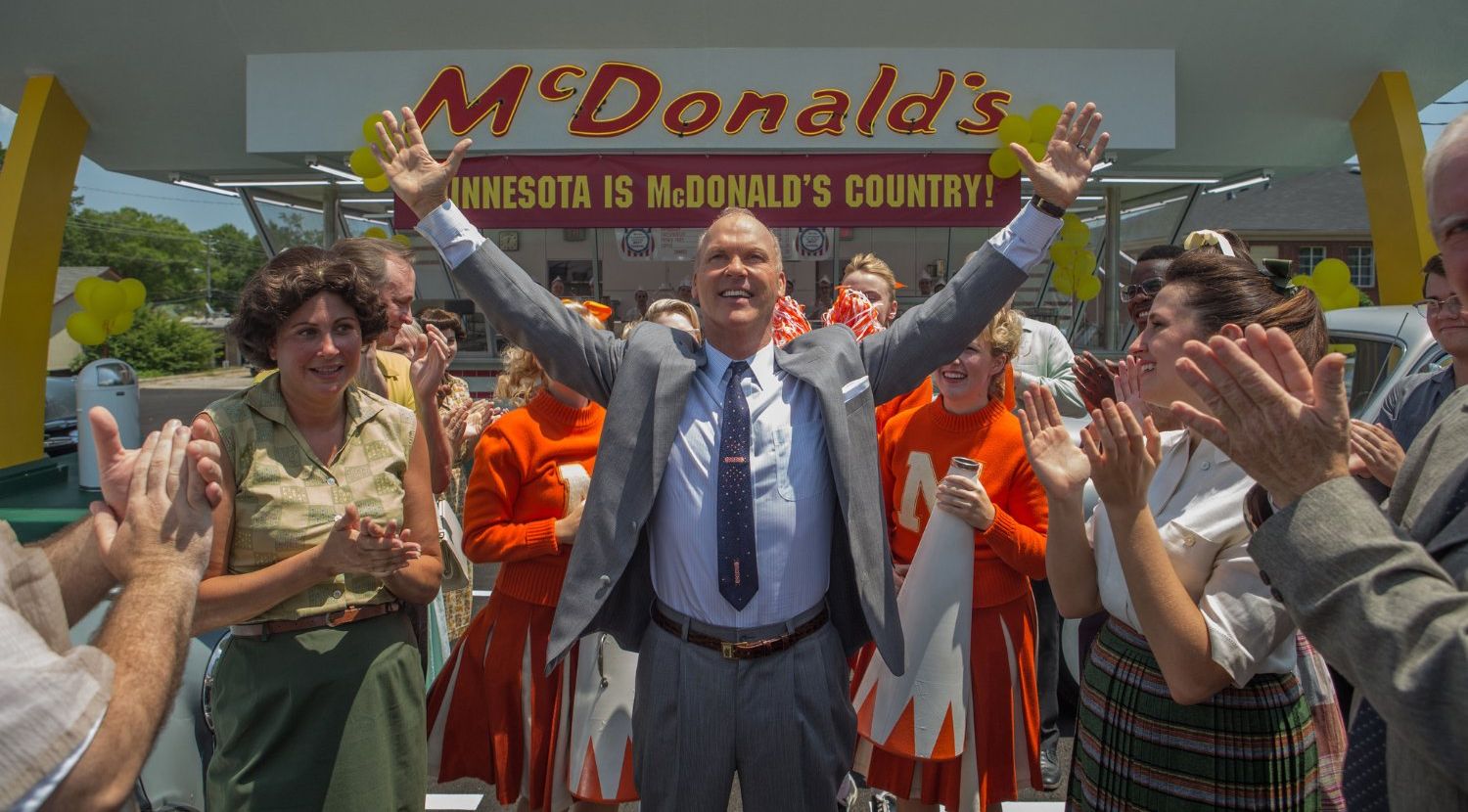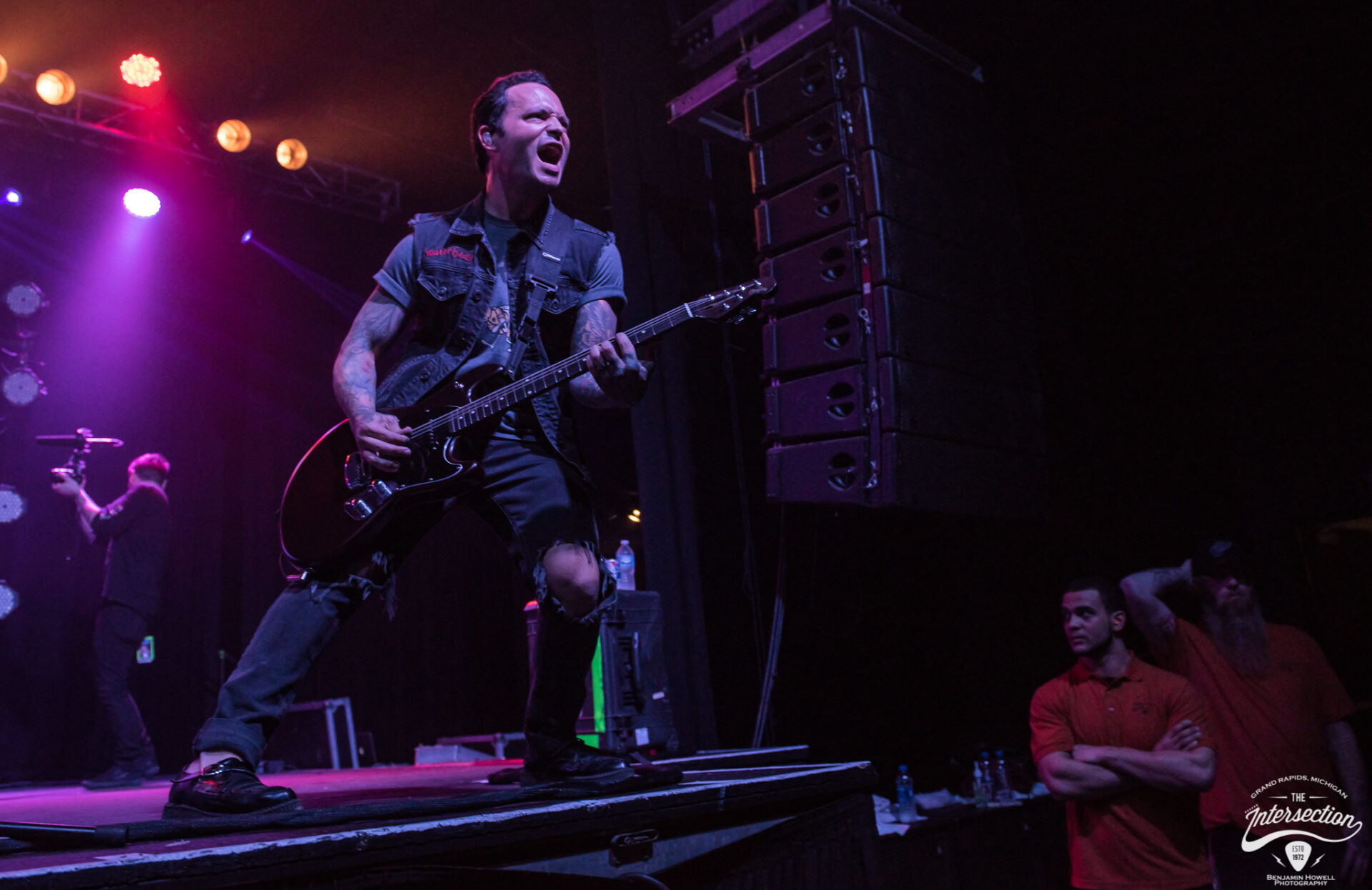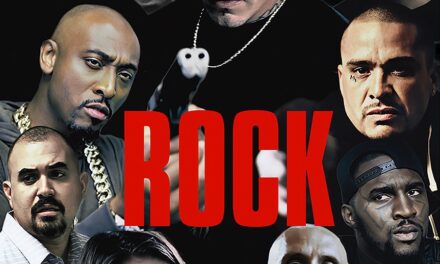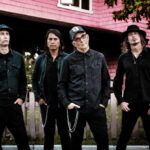There is a very, very fine line between moral ambiguity and not being able to pick a perspective. The former is the more artistically difficult for a work of fiction to achieve, primarily because it requires that the writer take a step outside the narrative’s central conflict and make a point about how its differing perspectives are either unexpectedly similar or irreconcilably different, yet craft a story that intermingles the two in a way that allows the audience to come down on either side of the issue. The latter, however, is where The Founder falls, and that ultimately is the film’s greatest failing.
Michael Keaton stars as Ray Kroc, a struggling entrepreneur in 1954 who one day discovers the restaurant McDonald’s, a single establishment operated by the McDonald brothers (Nick Offerman and John Carroll Lynch). Kroc sees the potential of the restaurant to expand into a franchise, but the brothers are reticent against the decline in quality that could come from sacrificing some control over their operation. Despite their better judgment, they form a partnership with Kroc, who expands the McDonald’s brand at the expense of the brothers and of his own marriage to the ever-suffering Ethel (Laura Dern).
Read more: 20th Century Women puts a mirror up to intergenerational divides
On a nuts and bolts level of film construction, The Founder is functional and fine. Keaton further cements his place as the go-to leading man if you want a sixty-something WASP as your protagonist, while Offerman, Lynch, and Dern all offer adequate supporting turns playing the kinds of characters that they have been playing for years and decades. Director John Lee Hancock continues to demonstrate his talents as a biopic director in that his shots are continually engaging without being overly showy and he knows how to pace the film so that it scarcely is boring even as its conclusion is obvious and inevitable.
The problem with The Founder seems to be in Robert D. Seigel’s screenplay, which wants to celebrate Kroc’s capitalistic success against personal defeat and economic hardship while simultaneously portraying him as a plagiaristic, manipulative bully who rises to the top by neglecting his allies and crushing the very people who made his success possible in the first place. If there were any sort of complexity to Kroc’s character, this moral decline might have made for an interesting juxtaposition to his meteoric economic success, but the film is content to portray the rags to riches as a good thing and the fiendish manipulation of others as an evil within the same breath. This causes a perpetual tonal confusion that isn’t made artistically valid by any sort of message that the film is trying to convey. In fact, The Founder is either so confused in its messaging or so uninterested in conveying a theme that it comes across as little more than the story of a shitty person rising to power by being a shitty person.
And that’s a shame because the story of Ray Kroc is rife with thematic potential, had the film decided to focus on just one theme and run with it. Is Kroc’s rise to power a realization of the American Dream? A necessary consequence of dog-eat-dog capitalism that can destroy a person’s soul in the process? Is economic prosperity worth the cost that it tolls to one’s personal relationships and the people they love? The Founder dips its toe into the waters of each of these questions without settling on any of them, so it comes out almost entirely dry. For all its posturing about being about the man who “founded” McDonald’s, The Founder isn’t about much of anything at all.













